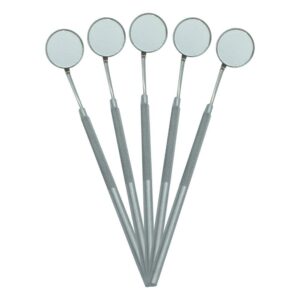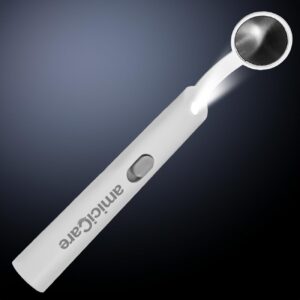Dental Care for Patients with Allergies: Considerations and Alternatives
Dental Care for Patients with Allergies: Considerations and Alternatives
Introduction
Dental care is a vital aspect of overall health, but for patients with allergies, it can present unique challenges. Allergic reactions to certain dental materials or environmental allergens can complicate routine treatments, making it crucial for both patients and dental professionals to be well-informed. In this blog, we will explore the considerations and alternative options available for individuals with allergies, ensuring they can receive the dental care they need while minimizing the risk of allergic reactions.
- Understanding Allergies and Dental Care-Allergies can manifest in various forms, including skin rashes, hives, respiratory difficulties, and even anaphylaxis. When it comes to dental care, allergies can be triggered by common factors such as latex gloves, dental materials like acrylics or metals, and certain medications used during treatments. Understanding the specific allergens and their effects is crucial in providing safe and effective dental care for patients with allergies.
- Preparing for Dental Treatments-Prior to any dental treatment, patients with known allergies should inform their dentist about their condition. This allows the dental team to take necessary precautions and adapt treatment plans accordingly. To minimize the risk of allergic reactions, dentists may perform allergy testing, utilize alternative materials, or adjust treatment techniques. Thorough communication and pre-treatment preparations are key to a successful dental experience for patients with allergies.
- Alternative Dental Materials- For patients with allergies, traditional dental materials may not be suitable due to sensitivities or allergic reactions. However, alternative materials can be utilized to provide effective dental care while minimizing the risk of adverse reactions. This section will explore various alternatives, such as composite resins, ceramic restorations, and non-latex gloves, highlighting their benefits and considerations.
- Managing Allergic Reactions during Dental Procedures-Despite careful preparations, allergic reactions can still occur during dental procedures. Dentists and their teams should be equipped to recognize and manage these reactions promptly. This section will discuss the necessary steps to handle allergic emergencies in the dental office, including having emergency medications on hand, ensuring proper training for the dental team, and establishing an emergency action plan.
- Allergy-Friendly Dental Products and Oral Hygiene (Word count: 600) Maintaining oral hygiene is essential for everyone, including patients with allergies. This section will introduce allergy-friendly dental products, such as hypoallergenic toothpaste, mouthwash, and floss. Additionally, it will provide practical tips for managing oral hygiene effectively while avoiding allergens commonly found in dental care products.
- Collaborating with Allergy Specialists-In complex allergy cases, collaboration between dentists and allergy specialists can be highly beneficial. Working together, they can develop comprehensive treatment plans, perform additional allergy testing, and ensure patient safety. This section emphasizes the importance of interdisciplinary collaboration in delivering optimal dental care to patients with allergies.
Conclusion
Dental care is essential for everyone, regardless of allergies. By understanding the unique considerations and alternative options available, dental professionals can provide safe and effective treatments for patients with allergies. Patients, on the other hand, should communicate their allergies to their dentist, follow recommended oral hygiene practices, and seek collaboration between dental and allergy specialists when necessary. With proper precautions and awareness, individuals with allergies can maintain excellent oral health and receive the dental care they need.





